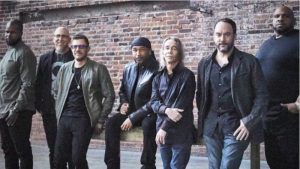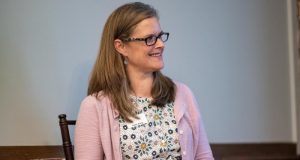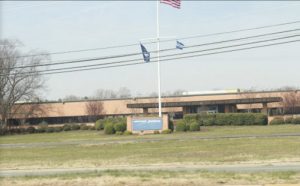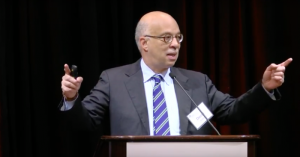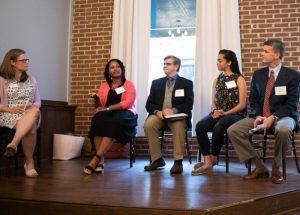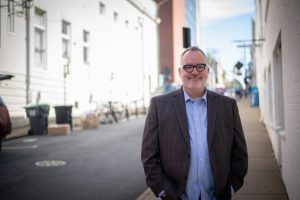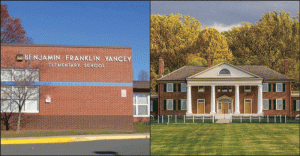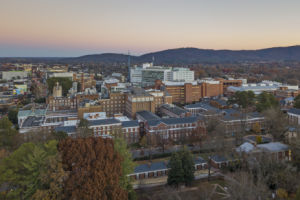The Charlottesville Area Community Foundation announces $655,000 in grants to 83 local nonprofits through the Bama Works Fund of Dave Matthews Band. With its most recent round of grants, the Bama Works Fund again provides support to organizations that work to address issues related to children, education, arts and culture, vulnerable populations, and the environment.
Established in 1998, the Bama Works Fund has made grants in Charlottesville and the seven surrounding counties for two decades, creating a significant impact on hundreds of organizations in the area. Since 1998, the Fund has made more than 2,000 grants, totaling more than $22 million.
The Fund supported a wide range of efforts this cycle, including Creciendo Juntos, a Latinx leadership- building organization in Charlottesville; Shady Grove Rosenwald School, in Louisa County, the site of a one-room African American school in 1924–1925; and the Youth Development Council of Greene County, which provides after-school and summer programs for children. For a full list of grant recipients, click here.
Dave Matthews Band’s philanthropy through the Bama Works Fund has not only touched a broad range of nonprofits of all sizes; the band gives back to the community in other ways. In September 2017, for instance, Dave Matthews Band headlined the Concert for Charlottesville in response to the white supremacist-led violence that took place the month before.
“The Charlottesville area has seen and felt the impact of the Bama Works Fund of Dave Matthews Band through their generous grantmaking for more than two decades,” Brennan Gould, President and CEO of the Charlottesville Area Community Foundation, said. “We are extremely grateful to partner on such a meaningful source of support to improve the quality of life in our region.”
Twice each year, the Bama Works Fund of Dave Matthews Band at the Community Foundation awards gifts through a competitive grant cycle. The next deadline for applicants seeking a grant is February 1, 2020. Additional information on the grant process can be found here.
